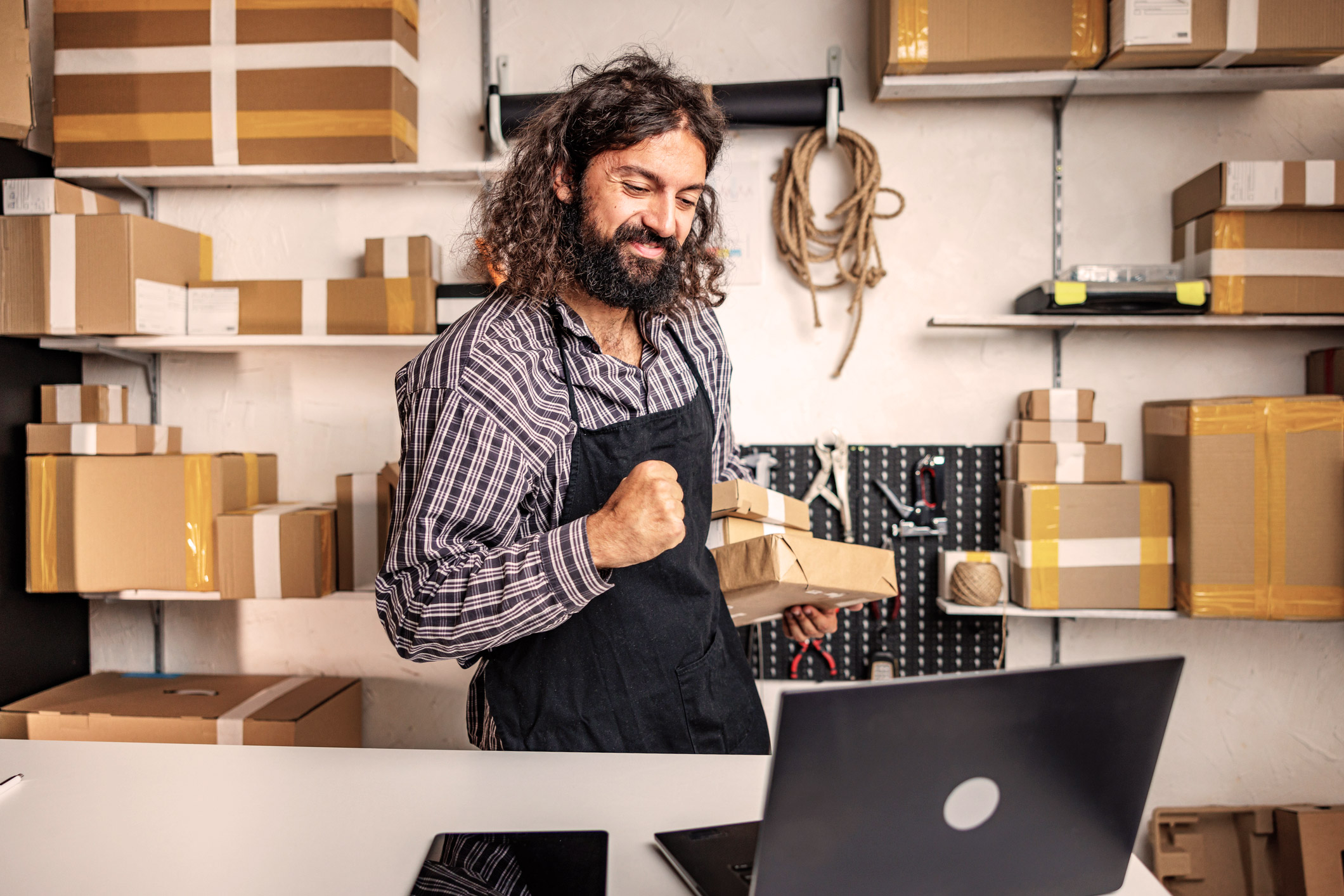Celebrating Sustainable Brands

ettitude
Ettitude makes ultra-soft bedding, bath, and sleep essentials using organic bamboo. Bamboo requires less land than cotton, uses 500x less water, and produces 52% fewer carbon emissions. Their bamboo is sourced close to their manufacturing facilities to cut down on carbon emissions from transportation and excess bamboo is composted instead of thrown away. Ettitude proves they are carbon-neutral by measuring and offsetting their carbon footprint.
“I spent 15 years working for large U.S. retailers to produce home goods in Asia and was disappointed that most only cared about low production costs rather than quality, comfort or sustainability,” said Ettitude founder Phoebe Yu. “It took a few years and many failures until I finally created the perfect combination of softness and durability for this innovative and earth-friendly fabric.”
We’re proud that Ettitude has multiple global certificates on sustainability and ethical business practices, including by the Forest Stewardship Council. They also give a portion of revenue to environmental non-profits through 1% For The Planet, and are completely carbon-neutral.
Sand Cloud
Sand Cloud makes incredibly soft and thoughtfully-designed beach towels and loungewear, with a focus on protecting the oceans and marine life that originally inspired the company.
Sand Cloud is committed to using sustainable materials and donates a portion of all sales to marine conservation charities.
Sand Cloud’s mission to protect the oceans extends beyond towels into reef-safe sunscreen, plastic-free reusable straws and water bottles, and clothing made from recycled materials. They were also named Philanthropists of the Year by the Pacific Marine Mammal Center, a Laguna Beach-based rescue center for seals and sea lions.
Uhuru Design
Uhuru Design, a Brooklyn-based design firm, sets the standard for environmentally-conscious furniture. They promote sustainability by making products that are intended to last a lifetime and meet industry-leading green certifications.
“This summer, we became a signatory of the UN Global Compact on sustainability,” said co-founder Jason Horvath. “Right now, we are assessing the carbon footprint of each of our products, including materials, manufacturing, and logistics to better understand how we can reduce our impact.” Jason and his team hope that by being transparent with this data, customers will make better, informed decisions about the source of their products.
Uhuru Design continues to manufacture and design timeless furniture and office spaces for businesses like Nike, Vice Media, Time Inc., and NBC.
Better Booch
Better Booch brews their premium small craft kombucha in Los Angeles, with a focus on health, wellness and sustainability.
“We are the first generation to experience the impact of climate change, and the last who can do something about it,” explains founder and CEO Trey Lockerbie. “Besides choosing recyclable packaging like glass bottles and cans, we work with local farmers who use our post-brew tea leaves as compost. When we serve you on tap at an event or market, you’re sipping out of a compostable cup. When ordering from our website, your package arrives in a recyclable cardboard box, with water-soluble insulation.”
Better Booch’s responsible business practices are sustainable top-to-bottom, making sure that their products, and their footprint, are as eco-friendly as possible.
Obvious Wines
Obvious Wines believe that “you shouldn’t need a PhD to drink wine,” and their products make it easy for anyone to understand and enjoy, from the novice wine fan, to the seasoned sommelier. They also use sustainable practices from the vineyard to the final packaging.
“Sustainable practice is a part of the entire product journey. Having organic or at least sustainable farming practices is mandatory. Each of them has their own unique and creative ways to protect the environment or reduce energy consumption,” explains founder Brice Baillie.
Instead of flooding an entire vineyard, for example, dry areas are identified using water captors to use water more sparingly and efficiently in the cultivation process. Their vineyard in Paso Robles is 100% powered by solar panels, keeping their overall carbon footprint down. Lastly, Obvious Wines uses organic sugar cane-based corks and molded pulp packaging for shipments, instead of less biodegradable materials like styrofoam.
If you’re building an ecommerce brand—whether it’s apparel, personal care, or sports equipment—there are many ways to take advantage of growth opportunities in the early stages of your company. One of the quickest ways to secure some liquidity is by leveraging your current inventory for an asset-based loan. Assembled Brands is here to help—get in touch today and see how we can support your growth, and help you realize your brand vision!


%20(1)%202.svg)
.jpg)



.avif)